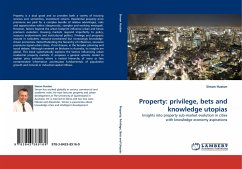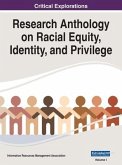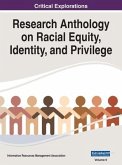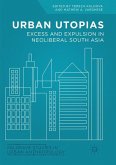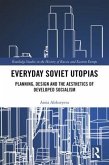Property is a dual good and so provides both a variety of housing services and, sometimes, investment returns. Residential property price premiums are paid for a complex bundle of relative advantages, risks and opportunities within idiosyncratic, complex and evolving metropoli. However, factors beyond the urban footprint influence urban and hence premium evolution. Housing markets respond imperfectly to policy, resource endowments and institutional politics. Privilege and prospects mutate in turbulent, resource-constrained but increasingly knowledge-driven economies. Notwithstanding the hierarchy of influences, excessive premiums signal urban stress, if not disease, in the broader planning and social debate. Although centered on Brisbane in Australia, its insights are global. This book systematically explores the factors influencing urban residential property markets. It proposes a general systems model to explain price evolution where a nested hierarchy of more or less contaminated information accentuates fundamentals of population growth and mineral or industrial capital inflows.

